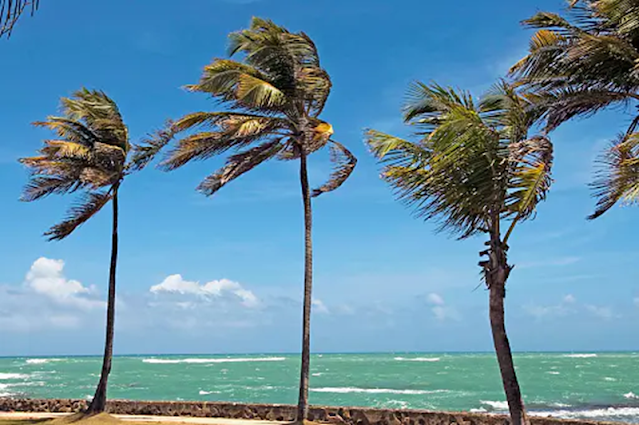#6 LAND AND SEA BREEZE

Land and Sea Breeze On a hot early afternoon, take a walk along a dry beach. You start hopping and leaping as soon as you place your bare feet in the sand and sprint towards the sea to soak your burning feet in the water. Yes, the sun warms them both. Land and water, on the other hand, do not heat up or cool down at the same rate. In coastal areas, the differential heating and cooling of land and water create breezes. A sea breeze is any wind that blows from a large water body towards a landmass. Whereas, the offshore winds are called a land breeze that arises from land. The main difference is because of the property of water to retain heat for a longer duration as compared to land. Here, we will discuss more about the land and sea breeze along with some important questions. What is a Breeze? Breeze, the light and cold wind is one of the most wonderful sensations to feel a cold and moderate wind on a hot summer day at the beach. The breeze is classified into two types: Se...

